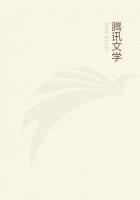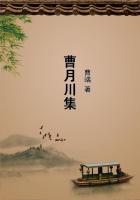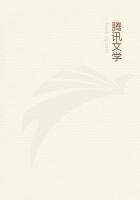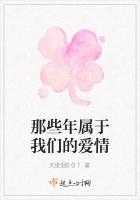But what shall I say of Zola himself, and my admiration of his epic greatness? About his material there is no disputing among people of our Puritanic tradition. It is simply abhorrent, but when you have once granted him his material for his own use, it is idle and foolish to deny his power. Every literary theory of mine was contrary to him when I took up 'L'Assommoir,' though unconsciously I had always been as much of a realist as I could, but the book possessed me with the same fascination that I felt the other day in reading his 'L'Argent.' The critics know now that Zola is not the realist he used to fancy himself, and he is full of the best qualities of the romanticism he has hated so much; but for what he is, there is but one novelist of our time, or of any, that outmasters him, and that is Tolstoy. For my own part, I think that the books of Zola are not immoral, but they are indecent through the facts that they nakedly represent; they are infinitely more moral than the books of any other French novelist. This may not be saying a great deal, but it is saying the truth, and I do not mind owning that he has been one of my great literary passions, almost as great as Flaubert, and greater than Daudet or Maupassant, though I have profoundly appreciated the exquisite artistry of both these. No French writer, however, has moved me so much as the Spanish, for the French are wanting in the humor which endears these, and is the quintessence of their charm.
You cannot be at perfect ease with a friend who does not joke, and I suppose this is what deprived me of a final satisfaction in the company of Anthony Trollope, who jokes heavily or not at all, and whom I should otherwise make bold to declare the greatest of English novelists; as it is, I must put before him Jane Austen, whose books, late in life, have been a youthful rapture with me. Even without, much humor Trollope's books have been a vast pleasure to me through their ****** truthfulness.
Perhaps if they were more humorous they would not be so true to the British life and character present in them in the whole length and breadth of its expansive commonplaceness. It is their serious fidelity which gives them a value unique in literature, and which if it were carefully analyzed would afford a principle of the same quality in an author who was undoubtedly one of the finest of artists as well as the most Philistine of men.
I came rather late, but I came with all the ardor of what seems my perennial literary youth, to the love of Thomas Hardy, whom I first knew in his story 'A Pair of Blue Eyes.' As usual, after I had read this book and felt the new charm in it, I wished to read the books of no other author, and to read his books over and over. I love even the faults of Hardy; I will let him play me any trick he chooses (and he is not above playing tricks, when he seems to get tired of his story or perplexed with it), if only he will go on ****** his peasants talk, and his rather uncertain ladies get in and out of love, and serve themselves of every chance that fortune offers them of having their own way. We shrink from the unmorality of the Latin races, but Hardy has divined in the heart of our own race a lingering heathenism, which, if not Greek, has certainly been no more baptized than the neo-hellenism of the Parisians. His heroines especially exemplify it, and I should be safe in saying that his Ethelbertas, his Eustacias, his Elfridas, his Bathshebas, his Fancies, are wholly pagan. I should not dare to ask how much of their charm came from that fact; and the author does not fail to show you how much harm, so that it is not on my conscience. His people live very close to the heart of nature, and no one, unless it is Tourguenief, gives you a richer and sweeter sense of her unity with human nature. Hardy is a great poet as well as a great humorist, and if he were not a great artist also his humor would be enough to endear him to me.


